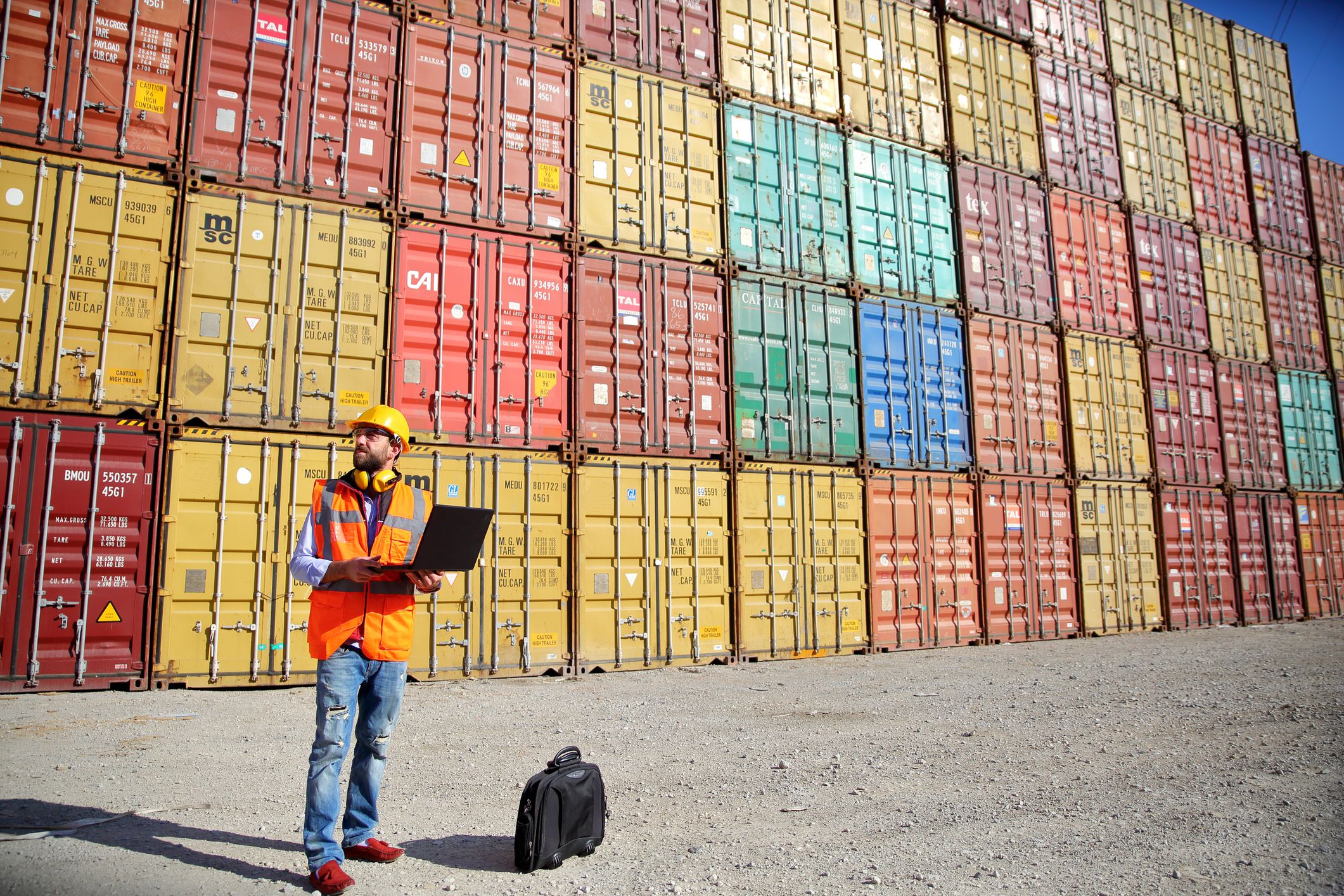Dubai is the regional economic centre for the Middle East, with a population of over 10 million people. International business owners have shown a desire in extending their operations into this international metropolis. Conducting business in the United Arab Emirates enables you to deal more effectively in international marketplaces. As an incentive for businesses, Dubai free zones enable 100 percent foreign ownership and do not impose corporation tax or customs duties on products imported or exported from or to the UAE. Furthermore, the items may be kept in storage for an indefinite period of time.

Free zones in the United Arab Emirates are regarded to be a part of the country’s physical boundaries, but they are believed to be beyond the authority of customs authorities. Consequently, importation refers to the process of bringing products into the nation from overseas or from one of the UAE free zones to the mainland. It also includes the process of bringing goods into a free zone from an onshore location inside the country, which is known as exportation. Exporting, in the same way, refers to the act of transferring products or services produced locally to other nations, or between a UAE free zone and a territory on the mainland. The licencing elements, on the other hand, need the adoption of legal processes for licencing, paperwork, and permits by trade firms.
In this article, you will learn about the import and export processes in Dubai free zones, whether you already have a free zone business or are considering applying for a Dubai free zone licence.
Table of Contents
In Dubai free zones, you may import and export goods.
The ease with which companies may be formed in Dubai free zones, as well as the speed with which trade licences can be processed, make them a popular choice for business establishment. They have easy access to airports, Customs Department offices, storage facilities, fast issuance of trade licences, and other services that help them run their businesses in the main areas – the Dubai Airport Free Zone, Jebel Ali Free Zone, and Sharjah Airport International Free Zone.
In addition to the Ras Al Khaimah Economic Zone (RAKEZ), the International Free Zone Authority (IFZA), Sharjah Media City (Shams), the Dubai Multi Commodities Centre (DMCC), and Dubai South, there are many more notable free zones.
If your trading business is established under a Dubai free zone licence, you will be able to smoothly expand your economic operations, such as trading and shipping of products, by taking advantage of the favourable tax and regulatory environments available in free zones. Several criteria, including the kind and validity of the free zone licence, are used to determine whether or not products imported into the UAE from its free zones are acceptable.
General requirements for trade firms operating in the free zone include the following:
Customs must issue you an importer code before you can proceed.
It is essential that the imported products are compatible with the activities specified on your Dubai free zone licence application.
Generally speaking, imported goods must arrive in the free zone within three days of the day they were declared by customs.
The recipient should not tamper with the items by opening them or making any changes to them until the products have been examined and cleared by customs.
Customs will examine products even when they are entering free zones or retail establishments, according to the OECD.
If you fail to provide all of the necessary documentation, you will be forced to pay AED500 in order to clear the items.
Bringing goods into free zones
To become an importer in the United Arab Emirates, you must first get a valid UAE trade licence and then register with the Customs Department. Other documents that you will need are as follows:
The shipping agency or airline agent has sent you a delivery order addressed to your free zone business.
Notice of acceptance of products from your business, confirmed by a delivery note
Bill of lading copy two (for sea cargo) and original airway bill (for air shipment) and road manifest two (2) copies of the bill of lading (for land shipment)
For prohibited products, an import authorization from the appropriate authorities in the free zones is required.
The sale invoice from the licensee to a licenced importer in the nation includes the total amount, the products description, the currency, and the detailed total value of the transaction.
Certificate of origin that has been authorised by the chamber of commerce in the nation where the product was created
Detailed packing list including weights, packaging methods, and other information.
Form for declaring commodities imported into the country
Exporting from special economic zones
The export of products to the worldwide market from the United Arab Emirates is critical to the global economy. As a result, the export processes are quite straightforward. You must make certain that all of the documentation needed by the Customs Office is in place and has been submitted to them well in advance of the arrival date. The following documents are required for exporting:
Export declaration certificate in your company’s name that has been authorised or instructions for submitting a declaration of goods application
The export authorization issued by the Customs Department for prohibited items.
Sales invoice displaying total amount, item description, and item specifics for each line item
Customs clearance declaration is a legal requirement.
